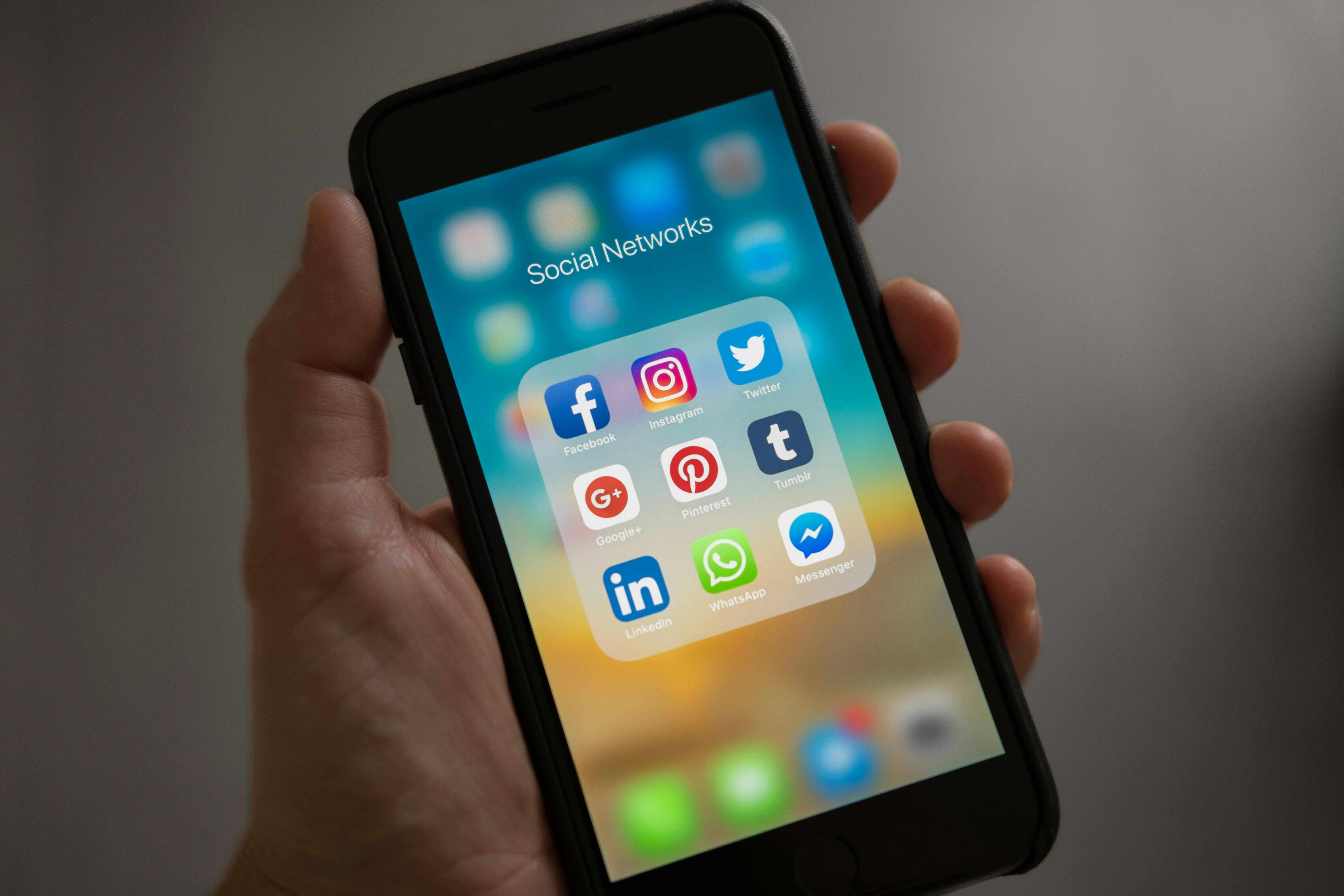#124 - Emotion Transfer & Social Networking

Reference: Kramer, A. D., Guillory, J. E., & Hancock, J. T. (2014). Experimental evidence of massive-scale emotional contagion through social networks. Proceedings of the National Academy of Sciences, 111, 24. 8788–8790. www.pnas.org/cgi/doi/10.1073/pnas.1320040111.
Written by Mara Rowcliffe, BS


 Give to Florida Tech
Give to Florida Tech 